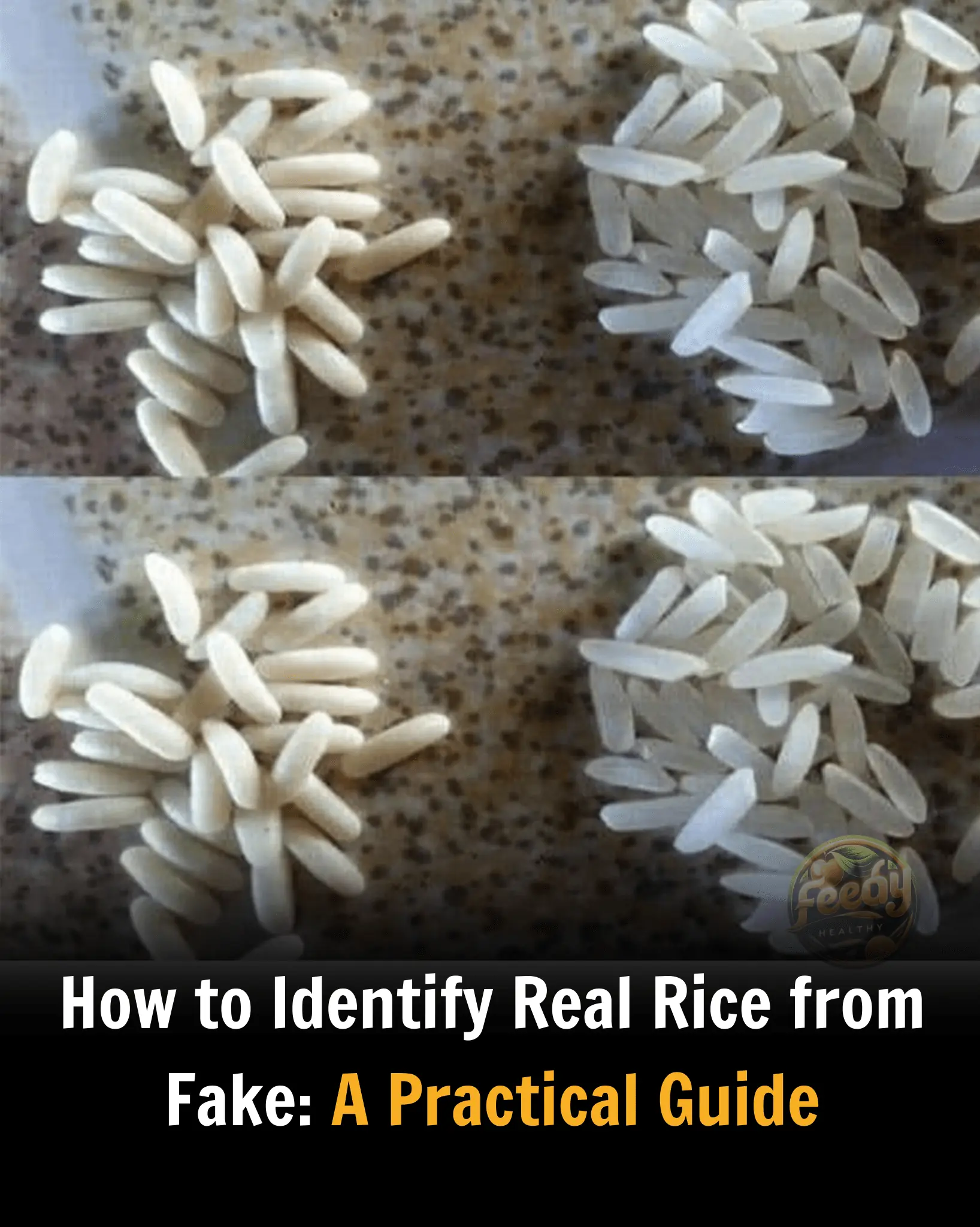
See the Difference: 5 Natural Leaves That Promote Eye Health
When was the last time you truly thought about your eye health? According to the World Health Organization, over 2.2 billion people worldwide suffer from vision impairment or blindness, and nearly half of these cases could have been prevented. While technology, age, and lifestyle take a toll on our eyesight, nature quietly offers support. Across cultures, certain leaves have been valued not only as food but as natural allies for vision. From reducing strain to boosting circulation around the eyes, they’ve been part of traditional wellness routines for centuries.
The good news? Many of these leaves are easy to find—and even easier to grow in your backyard or balcony garden. They’re affordable, accessible, and may offer supportive benefits that keep your eyes feeling stronger and clearer. Imagine sipping a tea or adding a fresh handful of greens to your meal, knowing you’re giving your vision a natural boost. In this article, we’ll uncover five powerful leaves that generations have relied upon, explore how they may help, and show you practical ways to add them into your daily life.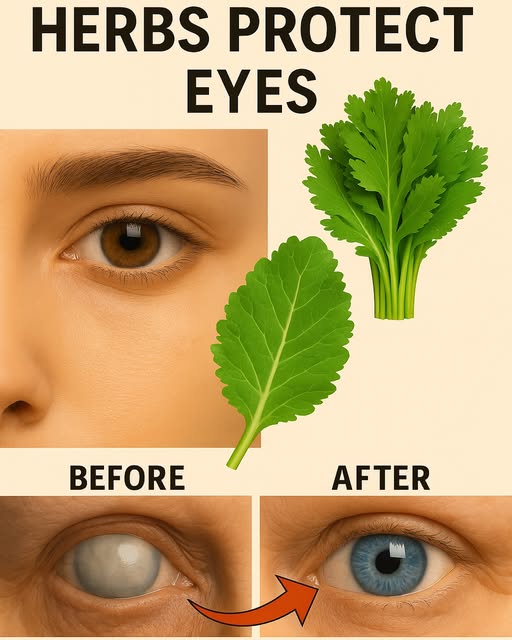
1. Spinach Leaves – The Classic Vision Protector
Spinach is no stranger to healthy eating, but its role in supporting eyesight is especially noteworthy. Rich in lutein and zeaxanthin, spinach helps filter harmful blue light and may reduce the risk of age-related macular degeneration (AMD). These antioxidants act like internal sunglasses, protecting the retina from damage.
How to use:
-
Add a handful of raw spinach to smoothies for a nutrient boost.
-
Lightly sauté spinach with garlic for a quick side dish.
-
Mix into omelets or soups to make eye nutrition effortless.
A friend of mine began adding spinach salads twice a week. Within months, he reported reduced eye strain after long hours on the computer. While not a medical cure, it’s a simple habit that supports overall eye comfort.
2. Moringa Leaves – The “Miracle Tree” for Vision
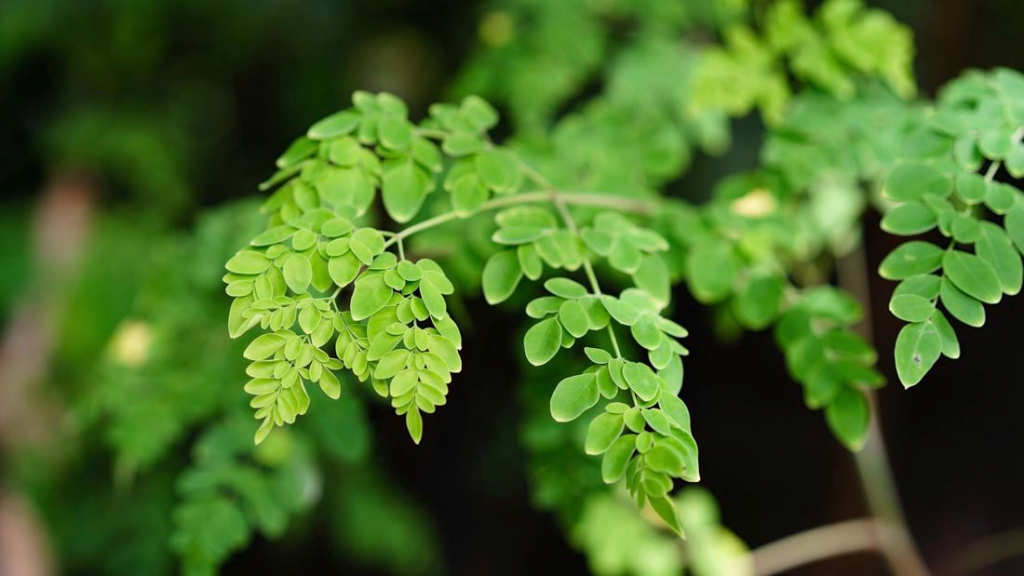
Moringa, often called the “miracle tree,” grows abundantly in Africa and Asia. The leaves are packed with vitamin A, a nutrient essential for preventing night blindness and supporting the cornea. Traditional healers often recommend moringa tea for those struggling with weak eyesight.
How to use:
-
Brew dried moringa leaves into tea.
-
Sprinkle moringa leaf powder over rice or porridge.
-
Mix into bread dough or smoothies for an earthy flavor.
Case studies from rural India highlight communities where moringa consumption correlates with stronger overall vision health, particularly among older adults.
3. Curry Leaves – A Hidden Gem for Eye Care
In many Indian households, curry leaves are more than just a flavor enhancer. They are rich in vitamin C, beta-carotene, and antioxidants that help protect eye tissues from oxidative stress. Curry leaves also support healthy blood circulation, which is vital for nourishing the delicate structures of the eyes.
How to use:
-
Add fresh curry leaves when cooking rice or lentils.
-
Make curry leaf chutney as a flavorful side dish.
-
Chew 4–5 fresh leaves in the morning as a traditional practice.
One grandmother shared that chewing curry leaves daily helped her maintain sharper vision well into her seventies. While anecdotal, such traditions reflect long-standing cultural wisdom.
4. Kale Leaves – A Modern Superfood With Ancient Benefits
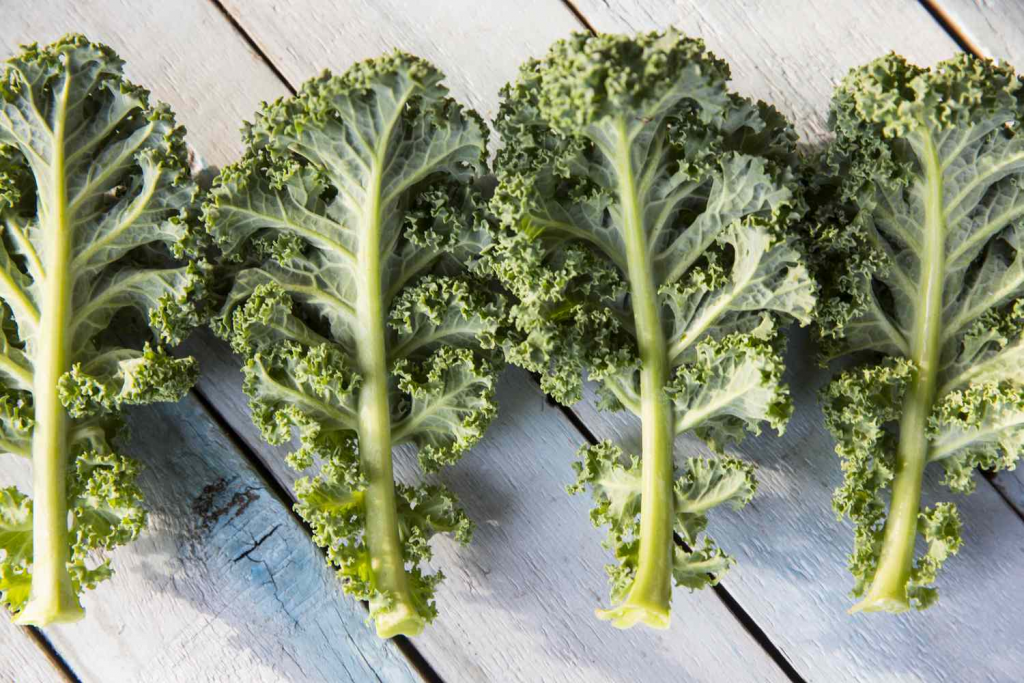
Kale has become a global superfood, but its role in eye health is particularly impressive. Like spinach, kale is high in lutein and zeaxanthin, plus vitamin K and calcium. These nutrients help keep the retina strong and may reduce glare sensitivity, making it easier to drive at night.
How to use:
-
Bake kale into crunchy chips for a healthy snack.
-
Blend into green smoothies with banana or mango for balance.
-
Stir into stews and casseroles for extra depth.
Kale’s rising popularity in the West makes it easy to find, but its benefits for the eyes are as old as traditional farming itself.
5. Guava Leaves – A Surprising Ally for Clearer Vision
Most people enjoy the fruit of guava, but the leaves hold overlooked benefits. Rich in quercetin and vitamin A, guava leaves are believed in folk medicine to help reduce oxidative stress that may contribute to cataracts and blurred vision.
How to use:
-
Boil guava leaves to create a soothing tea.
-
Use the cooled tea as a mild eye compress (always consult a doctor first for safety).
-
Dry and crush leaves into powder to mix into warm water.
Families in Central America have long used guava leaves not only for digestion but also as a supportive tonic for the eyes. Modern interest in herbal remedies is now shining a light on this forgotten tradition.
Practical Tips to Protect Your Eyes Every Day
In addition to these leaves, here are simple practices you can combine with natural remedies for stronger eye health:
-
Follow the 20-20-20 rule: Every 20 minutes, look at something 20 feet away for 20 seconds.
-
Stay hydrated: Dehydration contributes to dry eyes and fatigue.
-
Wear sunglasses: Protect against harmful UV rays.
-
Eat colorful vegetables: Carrots, bell peppers, and beets provide essential antioxidants.
Conclusion
Our eyes connect us to the world, and caring for them doesn’t always require expensive supplements. From spinach to guava leaves, nature offers an impressive toolkit to support healthy vision. These leaves are affordable, widely available, and steeped in cultural wisdom. By weaving them into your daily meals or drinks, you give your eyes a natural defense against strain, aging, and environmental stress.
FAQ Snapshot
Can these leaves cure vision problems?
No, but they may support overall eye health and comfort.
How often should I consume them?
Adding them to your diet a few times a week is beneficial.
Are they safe for everyone?
Generally safe as food, but consult a doctor if you have chronic conditions.
⚠️ Disclaimer: This content is for educational purposes only and should not replace professional medical advice. Always consult your healthcare provider before making significant dietary changes.
News in the same category

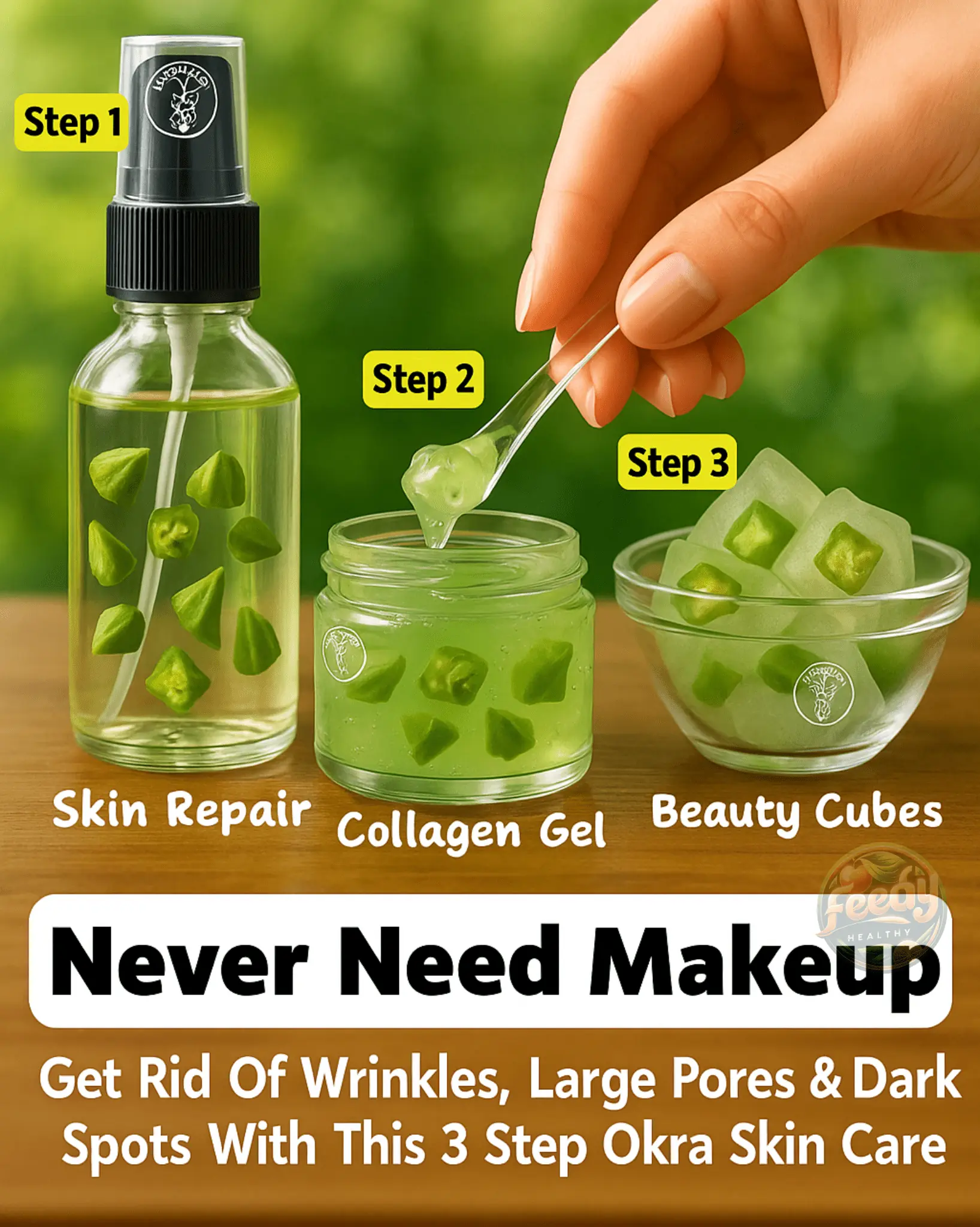
3-Step Okra Skin Care: Get Rid of Wrinkles, Large Pores & Dark Spots
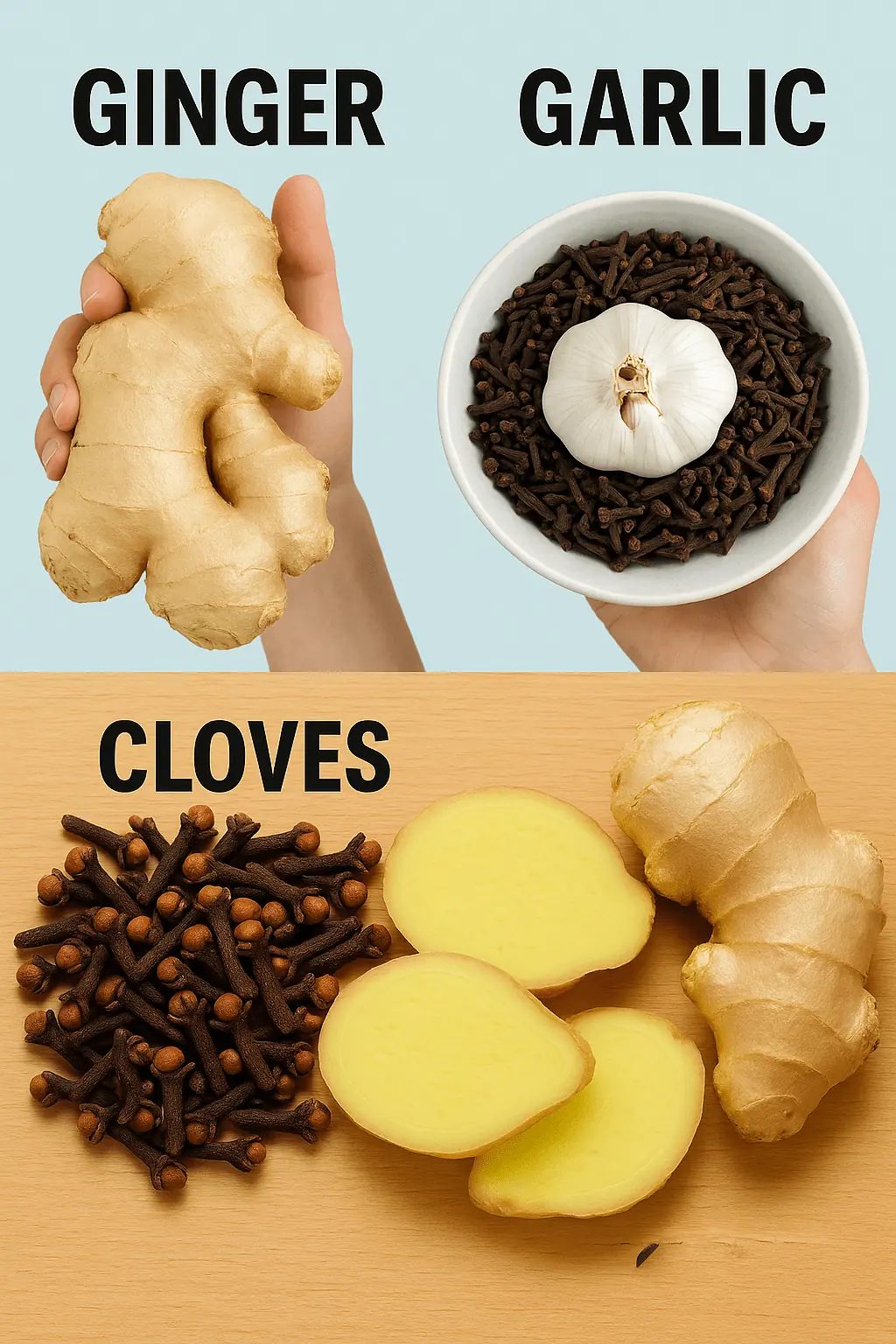
Garlic, Cloves, and Ginger Destroy Toxins and Fungi in the Body! 🌿✨ Grandma’s Golden Recipe Revealed

No Maid Survived a Day With the Billionaires Triplets, Until the Black Woman Arrived and Did What No One Could

Honey Garlic Salmon & Roasted Sweet Potato Bowl 🍯🐟🍠

Multiple Pregnancy After IVF – The Miraculous Case of Quadruplets in France

Just 2 tablespoons… Eliminate all worms and parasites from your body.

Your Feet Are Screaming for Attention: 6 Shocking Health Clues Hidden in Your Soles!

7 Minor Illnesses That Repeatedly Occur May Be Warning Signs of Cancer

8 Early Warning Signs of Nutrient Deficiency That Show Clearly on Your Body

Why Do Your Feet Itch at Night? Simple Causes and Effective Solutions
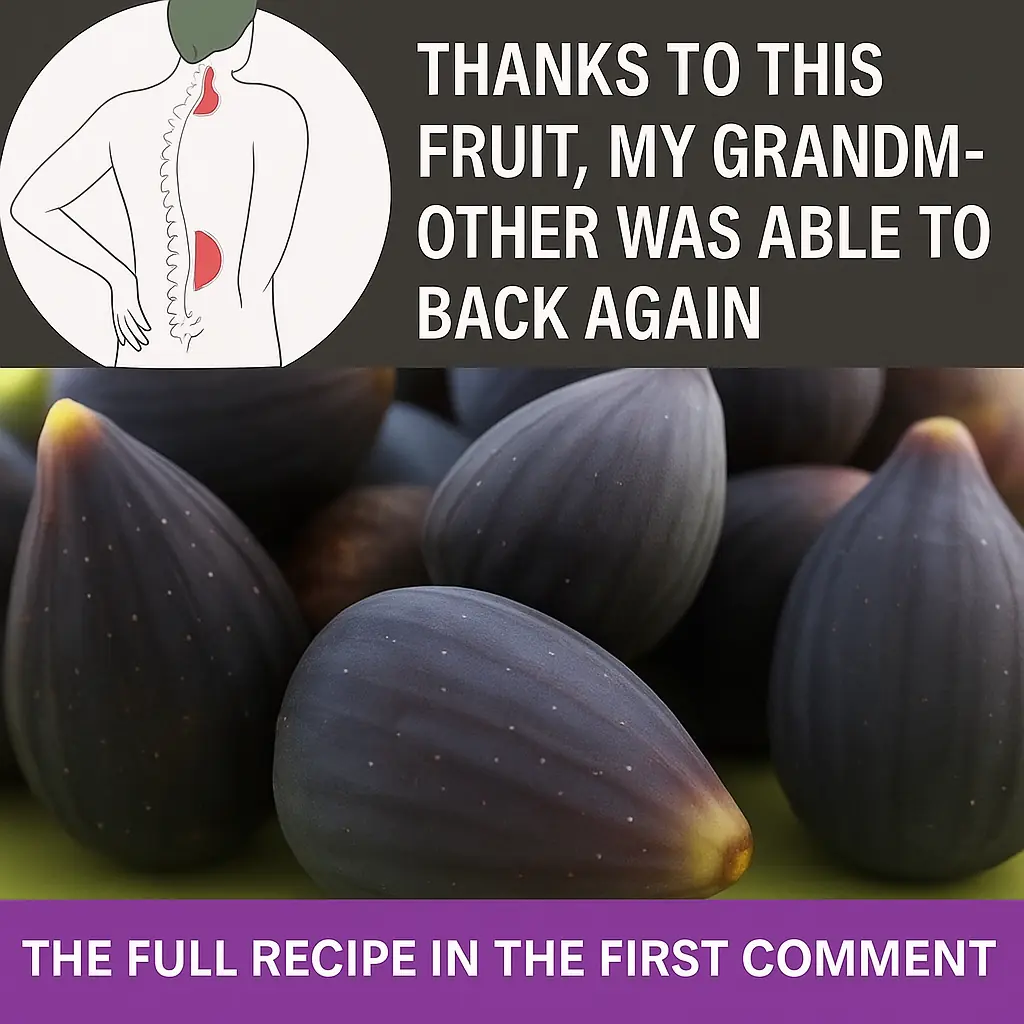
Natural Remedy to Relieve Back Pain with Figs

Hearing Loss? Discover a Natural Remedy That Could Help Improve Your Hearing

4 Parts of Chicken You Should Avoid — And Why They May Not Be as Healthy as You Think

The Magic of Black Cats and Their Impact on Our Health
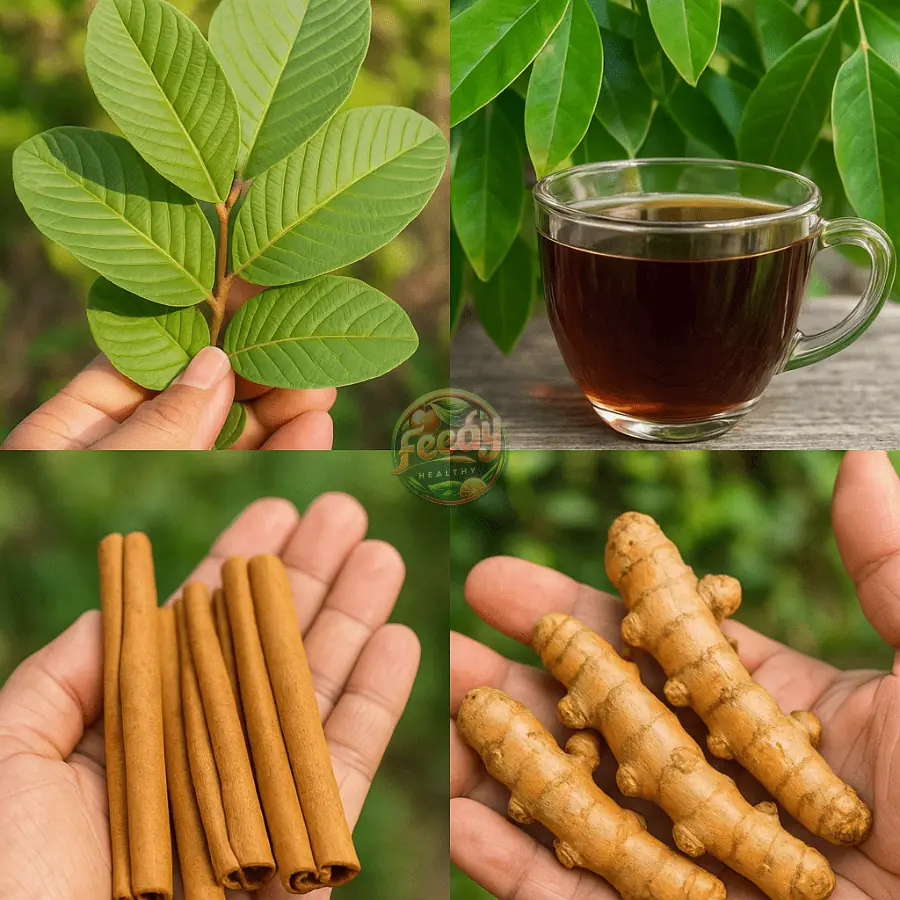
Say Goodbye to Diabetes, High Blood Pressure, Fatty Liver, Cancer, and Heart Attacks

7 Warning Signs Your Body May Have Parasites

7 Signs of Nasopharyngeal Cancer: No. 1 is Hard to Treat if Not Detected Early
News Post

Oxford Scientists Create “Superfood” to Save Honeybees From Collapse

Octopuses Can Rewrite Their Own Brains: Nature’s Ultimate Hackers

Protein-Packed Breakfast Bowl 🍠
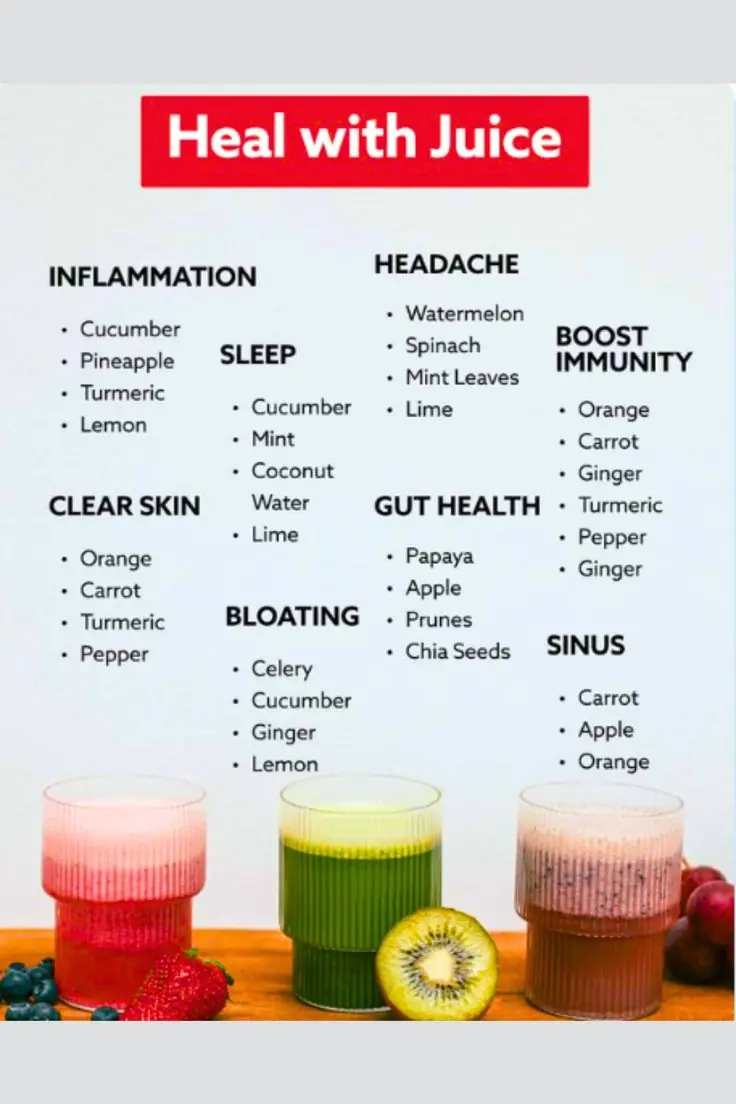
Heal with Juice: Natural Remedies for Everyday Health

🍓 Berry Yogurt Parfait with Granola

🍫 Decadent Chocolate Lava Mug Cake

ANNA JUST TOOK HER FIRST ORDER—AND SHE’S NOT STOPPING THERE

My Great-Uncle Turned 120 But No One Can Find A Single Record Of His Birth

Clove Baby Oil – Natural Botox Oil For Wrinkle-Free Skin
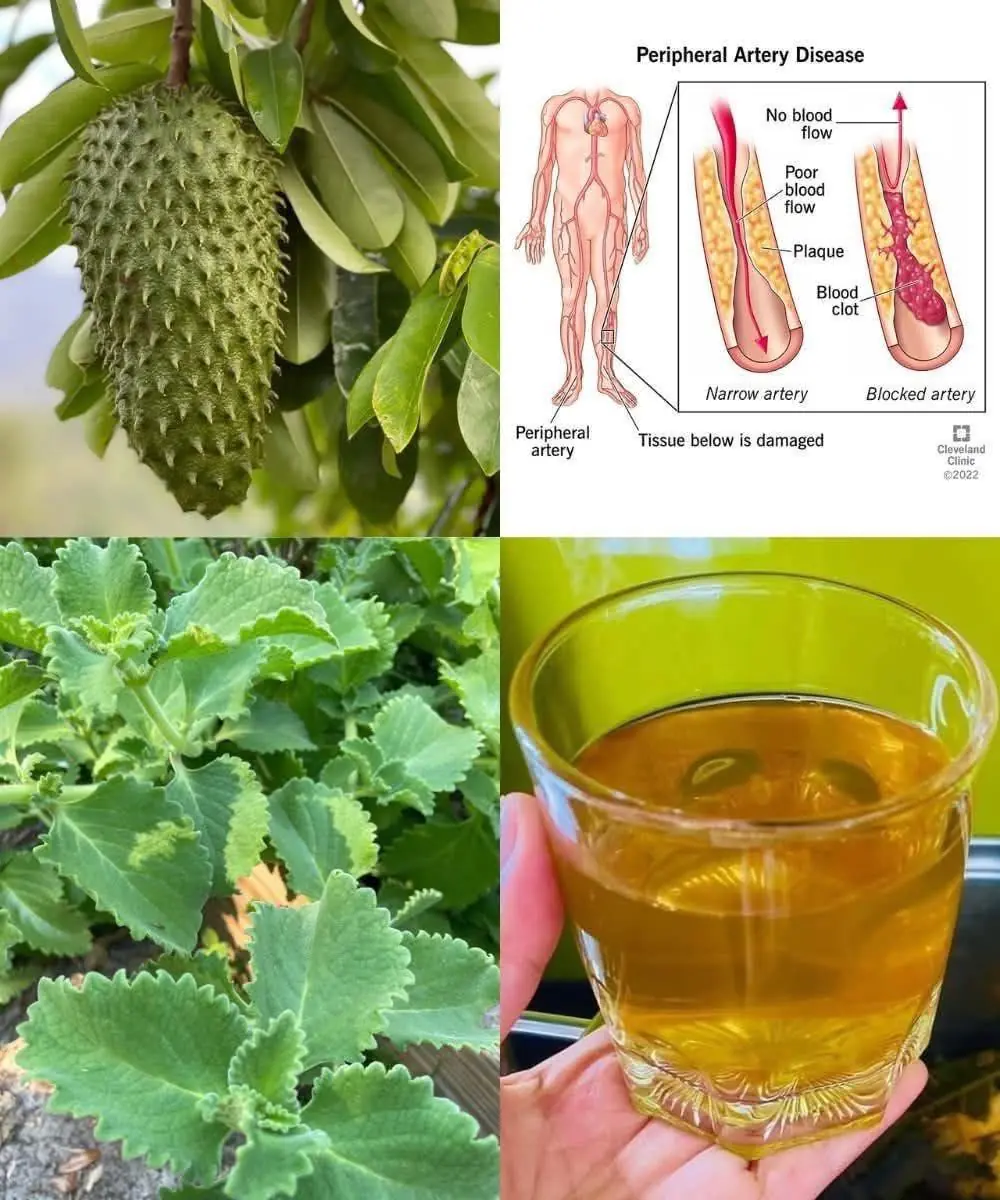
Soursop and Broadleaf Oregano Tea 😱😱..see more
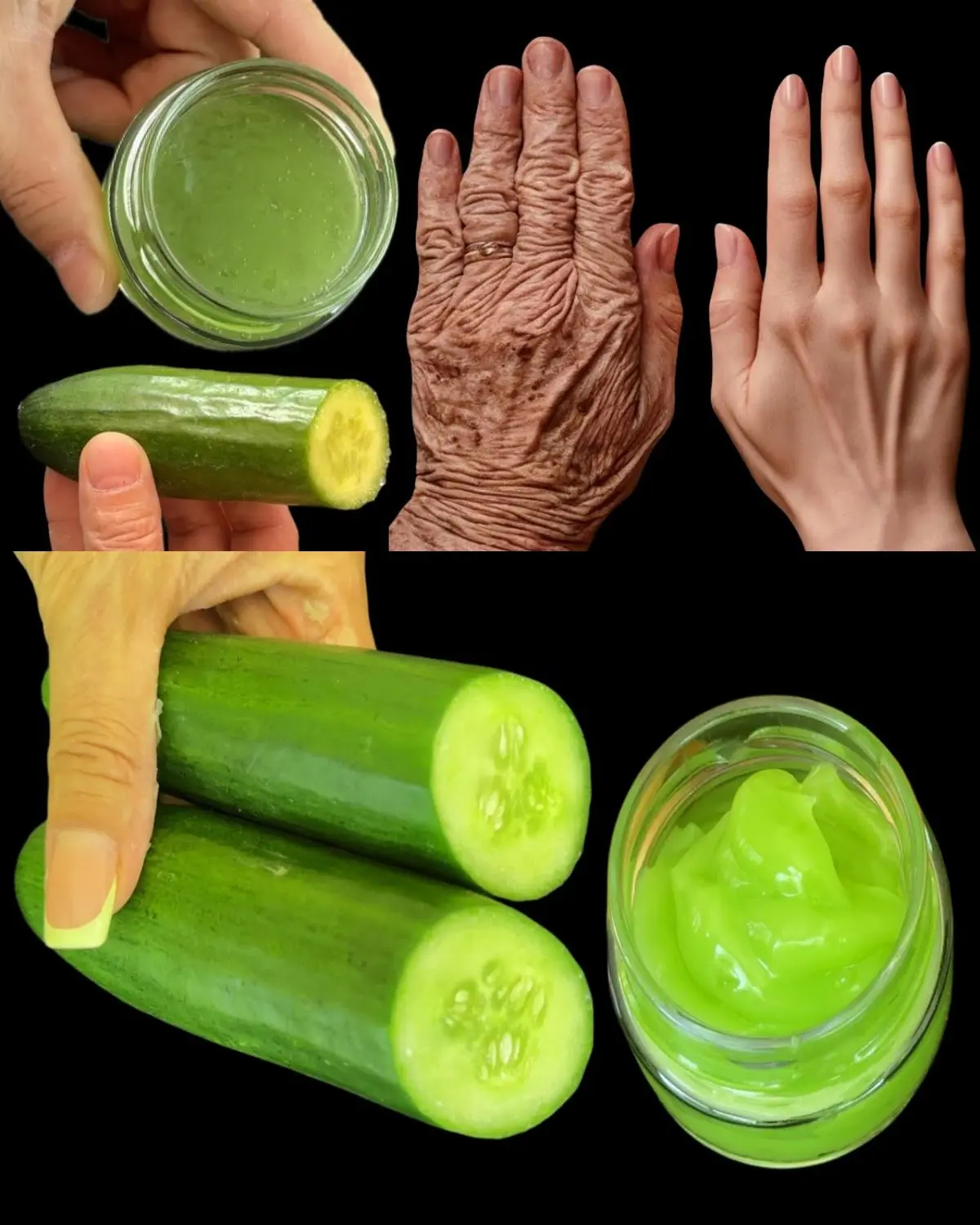
Cucumber Gel Remedy: Visibly Younger Hands with a Natural Touch

All-in-One Master Tonic with 7 Powerful Ingredients

Baking Soda & Turmeric: A Must-Try Skin Brightener

Mix Watermelon and Coffee Drink: A Refreshing Energy Twist
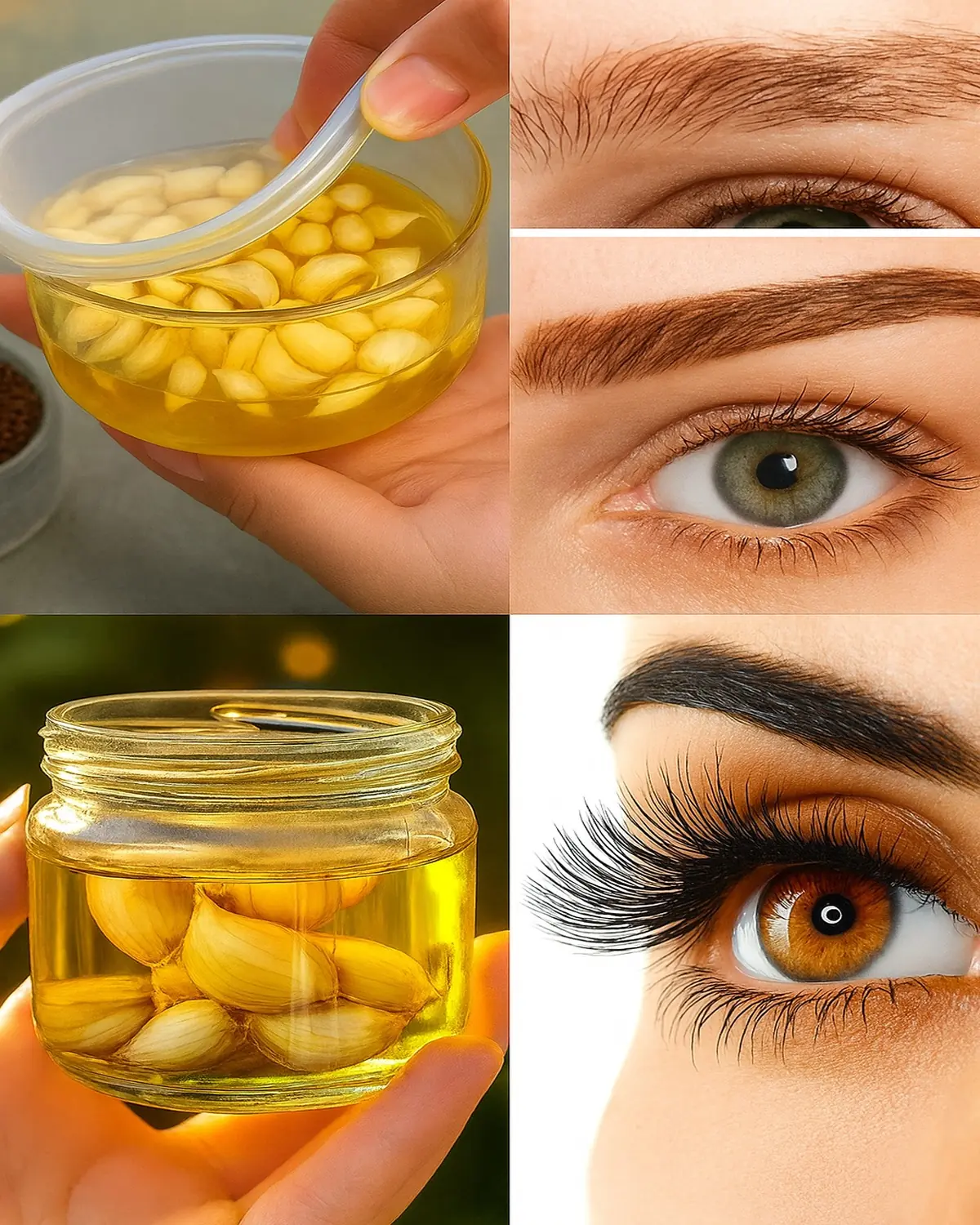
Garlic Oil for Natural Eyelash & Eyebrow Growth

Natural Remedy? Lemon and Charcoal for Tooth Decay

Don’t Miss These 11 Early Signs of Pancreatic Cancer – This Could Save Your Life
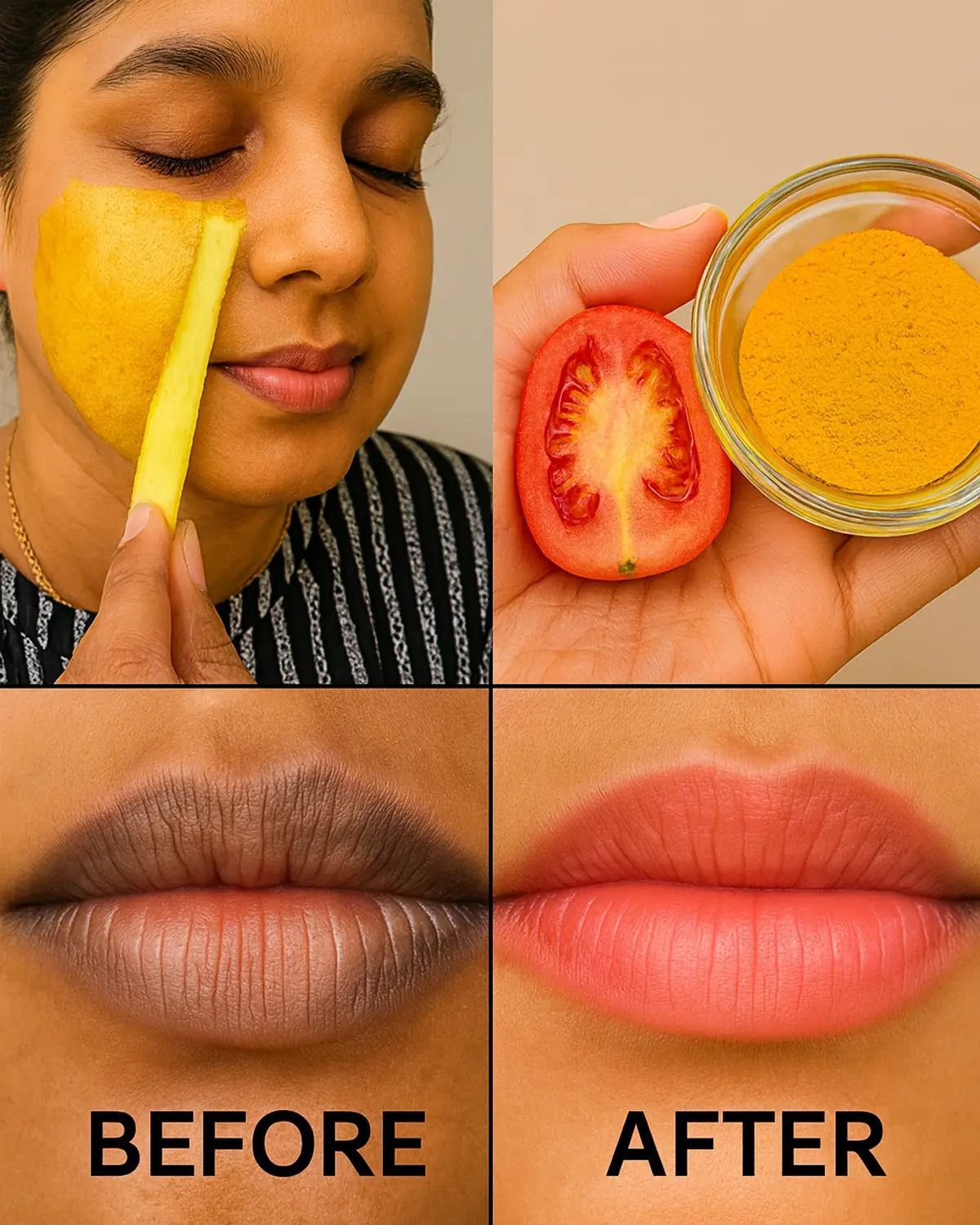
Homemade Cream to Get Pink Lips Naturally: Tomato and Turmeric Remedy
